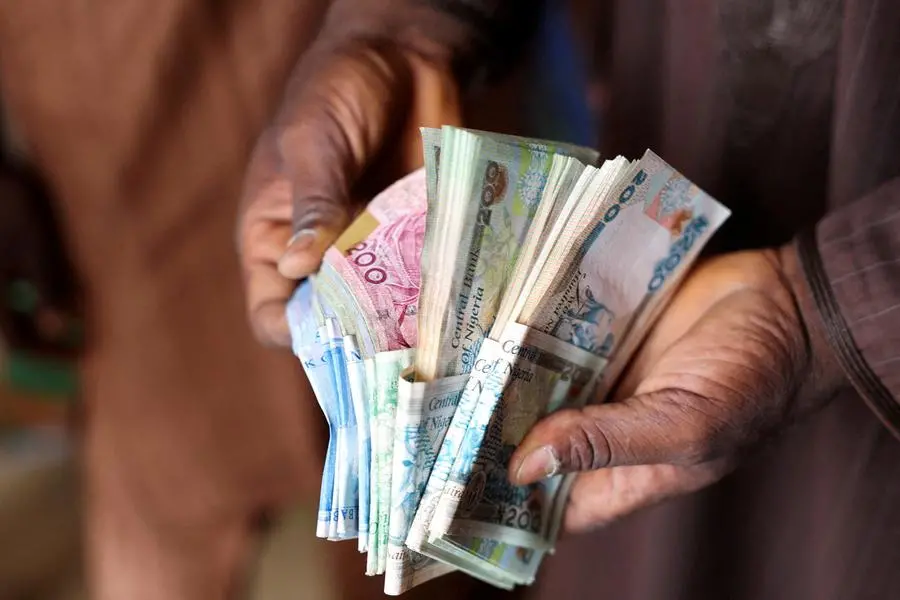PHOTO
ABUJA - Nigeria plans to boost its tax-to-GDP ratio to at least 18% in three years, part of a push to curb its reliance on borrowing to finance public spending, its presidency said in a statement.
Africa's largest economy has embarked on its boldest reform agenda in decades, including the removal of a popular but costly petrol subsidy and restrictions on foreign exchange trading, a gamble by President Bola Tinubu to try boost sluggish growth.
The government has set up a committee to reform Nigeria's tax system, which suffers from high levels of evasion, enhance collection efficiency and remove barriers impeding business growth as it tries to widen the tax base and achieve the target.
"Our aim is to transform the tax system to support sustainable development and achieve a minimum of 18% tax-to-GDP ratio within the next 3 years without stifling investment or economic growth," Zacch Adedeji, a presidential adviser on revenue, said in the statement.
Adedeji said some of the challenges hampering tax collection include multiple taxes and revenue collection agencies, high prevalence of tax evasion, complex tax system, and poor accountability in the use of tax revenue.
Nigeria has one of the lowest tax collection rates in the world at around 10.8% of GDP, though tax receipts did rise by 56% in 2022 to a record 10 trillion naira ($13 billion). Still, only 47% of this year's budget will come from revenues and the rest from borrowing.
Adedeji said while some progress has been recorded over the years to increase tax collection, the outcomes have not had enough impact on revenue.
($1 = 768.0000 naira)
(Reporting by Felix Onuah; Writing by Elisha Bala-Gbogbo; Editing by Alexander Smith)




















